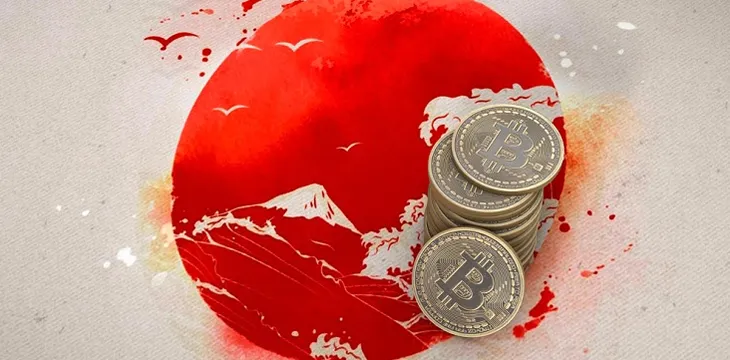|
Getting your Trinity Audio player ready...
|
Japan is trying to take its cryptocurrency regulation to new heights. The Financial Services Agency (FSA), Japan’s top financial regulator, held its fifth cryptocurrency study group meeting on September 12, 2018, and revealed (in pdf) that, while 160 companies are waiting in line to enter the crypto space, three cryptocurrency operators are currently being reviewed.
At the meeting, the FSA revealed that the Japan Virtual Currency Exchange Association (JVCEA) already has plans for a self-regulatory body for cryptocurrency exchanges. Yasunori Okuyama, the president of the JVCEA, explained that their organization already has a list of self-regulatory rules that they are implementing. Yasunori, who is also the president of Money Partners, explained during the meeting that one of the rules involves notifying the JVCEA when handling a new virtual currency. This is because the association has a right to object to the integration of the new coin.
Also, the organization has other important rules which are focused on managing customer assets. One such rule introduces restrictions for margin trading using cryptocurrency, which was designed to help suppress the risk of loss for users. It also is meant to reduce the excessive speculative transactions that are usually used in leveraged virtual currency trading. Other regulation focuses on anti-money laundering (AML) laws, as well as basic guidelines and ethics for initial coin offerings (ICO) and trading.
The JVCEA currently has 16 members—Money Partners, Quoine, BitFlyer, Bitbank, SBI Virtual Currency, GMO Coin, Bittrade, Btcbox, Bitpoint Japan, DMM Bitcoin, Bitarg Exchange Tokyo, Bitgate, Bitocean, Fisco Virtual Currency, Tech Bureau and Xtheta. The FSA also revealed that out of the 16 companies that sent their applications for review, 12 withdrew their applications, one was rejected and only three survived.
The FSA is also seeking additional workforce, as the long list of applications cannot be covered by its existing staff. It explained that it currently has 30 personnel responsible for monitoring, reviewing and supervising crypto exchanges and traders. The agency’s document revealed that the FSA is making a request for 12 more personnel to be able to respond swiftly to cryptocurrency exchange operators in the 2019 fiscal year. Kiyotaka Sasaki, FSA’s vice-commissioner for policy coordination, said at the meeting, “The biggest problem is how to deal with new operators.”

 07-05-2025
07-05-2025 





